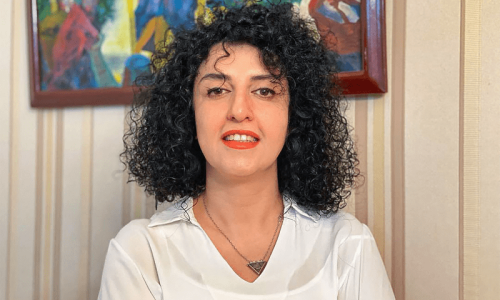JOHANNESBURG, May 24: Thousands of people marched through South Africa’s biggest city on Saturday, calling for an end to the violence that has killed at least 50 African migrants and forced tens of thousands to flee their homes.
Demonstrators carrying placards saying “Xenophobia hurts like apartheid” and “We stand against xenophobia” brought traffic to a standstill in Johannesburg’s city centre.
People in the Hillbrow district, home to many African immigrants, cheered the march, which was organised by churches and labour unions.
Police said townships around Johannesburg were quiet but shops were looted and burnt outside Cape Town late on Friday.
The South African government has been criticised for its slow reaction to the violence, the worst since apartheid ended 14 years ago, and for not addressing the poverty that is widely blamed for the bloodshed.
President Thabo Mbeki said South Africans should not turn on other Africans and pledged that his government was committed to ending the violence.
—Reuters














































Dear visitor, the comments section is undergoing an overhaul and will return soon.